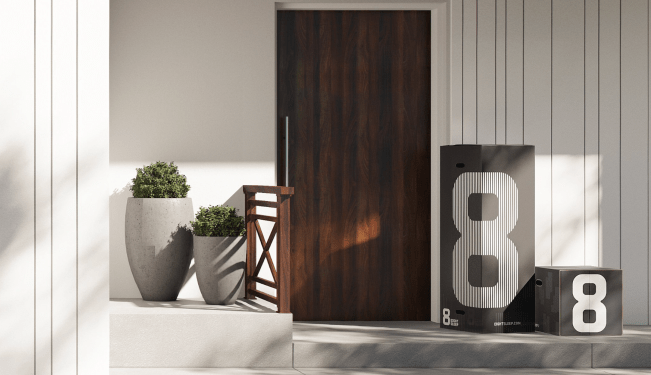Roughly one in three adults in the United States regularly gets insufficient sleep. This widespread issue is driving significant demand for tools that can monitor, analyze, and enhance rest. EightSleep, a company founded in 2014, offers AI-powered sleep technology products designed to transform a bed into a preventive health device.
The New York-based startup recently announced it has raised a new funding round of one hundred million dollars. This investment came from a group of investors including HSG, Valor Equity Partners, Founders Fund, and Y Combinator, as well as athletes like Ferrari F1 driver Charles Leclerc and McLaren Racing CEO Zak Brown. With this latest round, the company has raised a total of roughly two hundred and sixty million dollars. It previously raised an eighty-six million dollar Series C round in 2021, which gave it a five hundred million dollar post-money valuation. The company declined to reveal its current valuation.
Alexandra Zatarain, co-founder and CMO of Eight Sleep, stated that achieving unicorn status will naturally follow if the company successfully executes its AI roadmap, launches internationally, and develops condition-specific interventions.
Eight Sleep offers smart mattresses that integrate software and artificial intelligence to track and enhance sleep quality. Its flagship product, the Pod, provides features that measure sleep stages, heart rate, breathing patterns, and movement. Using these insights, the system automatically adjusts the bed’s temperature, elevation, and firmness. It can also detect snoring and automatically elevate the base in response.
The company reports it has generated more than five hundred million dollars in Pod sales and expanded its revenue tenfold since the product launched in 2019. It has also collected insights from over one billion hours of recorded sleep data.
Employing just over one hundred full-time staff, Eight Sleep is expanding beyond the Pod with its Sleep Agent. This AI-driven system leverages large language models to create thousands of digital twins for each user to predict outcomes with the goal of optimizing nightly recovery. This approach represents a shift in sleep technology from reactive tracking to proactive, personalized intervention.
The sleep technology market includes a range of competitors, from wearable devices like Oura, Fitbit, and Apple Watch, to medical-focused companies such as ResMed, and other smart mattress makers like Sleep Number and ChiliSleep.
Eight Sleep’s core differentiator is a feature called Autopilot. This system builds a personal blueprint for the user from the first night and then adapts continuously, accounting for factors like seasonality, travel, stress, training, illness, or a previous bad night. It operates independently for each side of the bed.
The startup plans to use its new funding to accelerate growth in the medical sector by building on the Pod’s health-monitoring capabilities. With a feature called Health Check, the system can monitor cardiovascular and respiratory patterns with up to ninety-nine percent accuracy without requiring wearable devices. The company emphasizes it is not replacing a doctor but is providing nightly, high-accuracy health monitoring so users can act early if trends shift. Over time, this data can complement professional medical care.
The company recently launched a Hot Flash Mode, which uses AI-driven cooling to help relieve menopause symptoms. It is also developing contactless solutions for sleep apnea. Eight Sleep is pursuing FDA approval and plans to utilize the Pod’s real-time biometric monitoring to deliver personalized interventions.
Eight Sleep currently ships its products to over thirty countries, including Canada, the United Kingdom, European Union nations, Australia, Mexico, and the United Arab Emirates. The company is now planning to expand into China. The CMO noted that China, as one of the world’s largest consumer markets, is seeing a rise in a health-conscious middle class that prioritizes sleep and overall wellness.
Regarding the handling of sensitive health data, the company states it complies with all local regulations, including those for data storage. Privacy is described as foundational. All data is encrypted, never sold, and kept fully private. The company complies with GDPR and CCPA regulations and notes that, unlike many other devices, it does not use microphones. Its biometric sensors are embedded in the bed surface, requiring no wearables and offering passive, high-accuracy insights without invasiveness.

